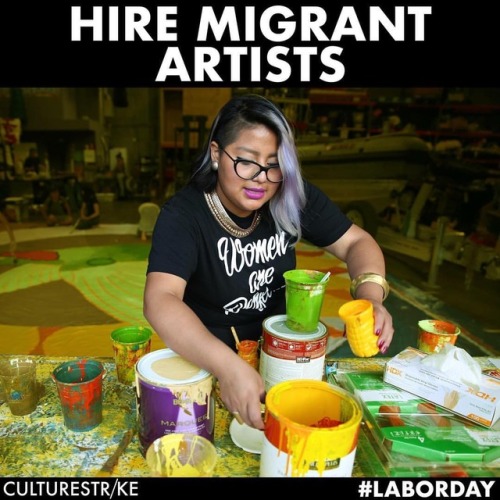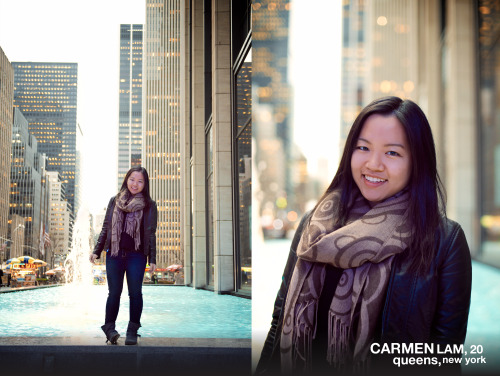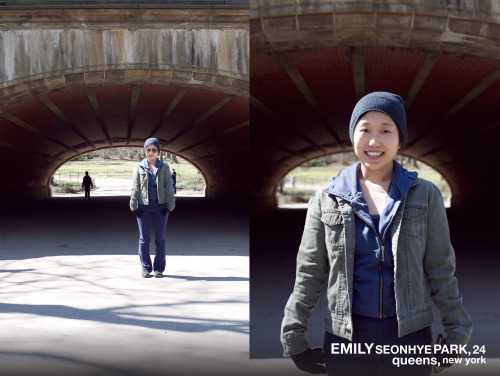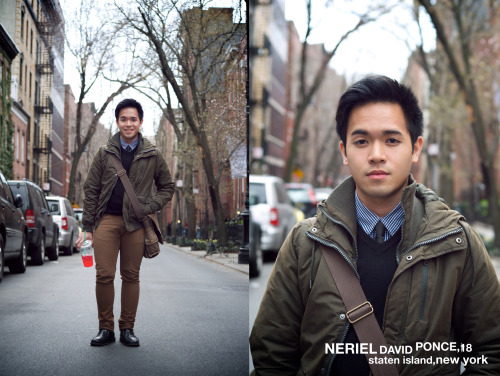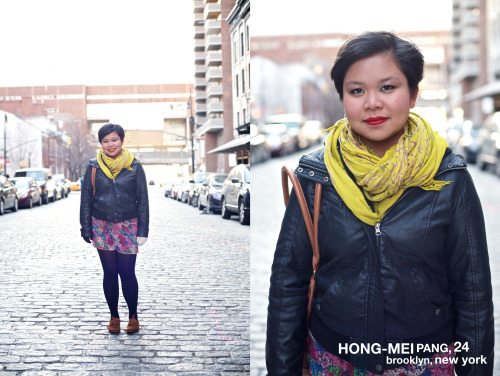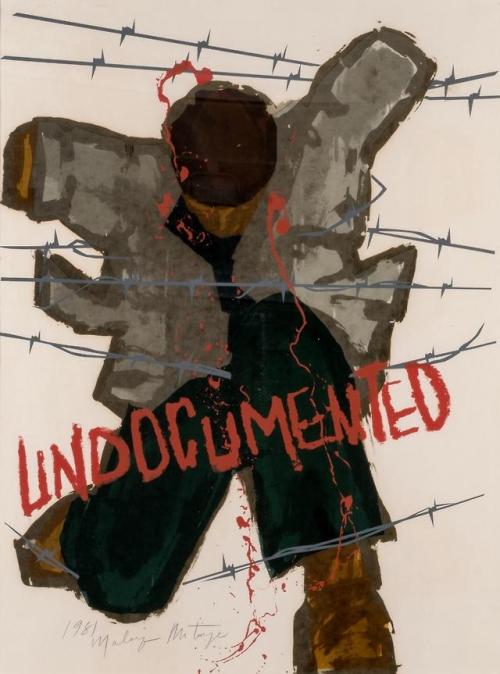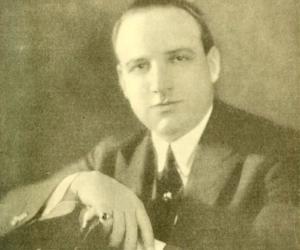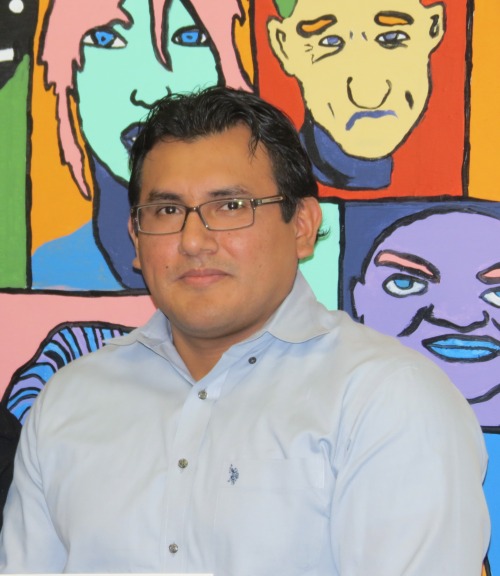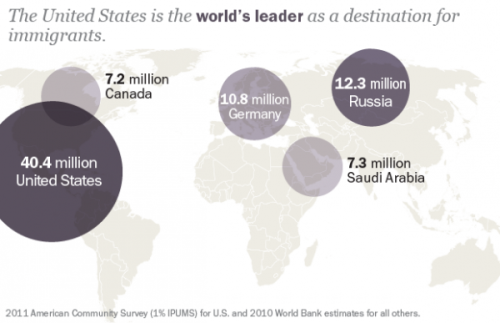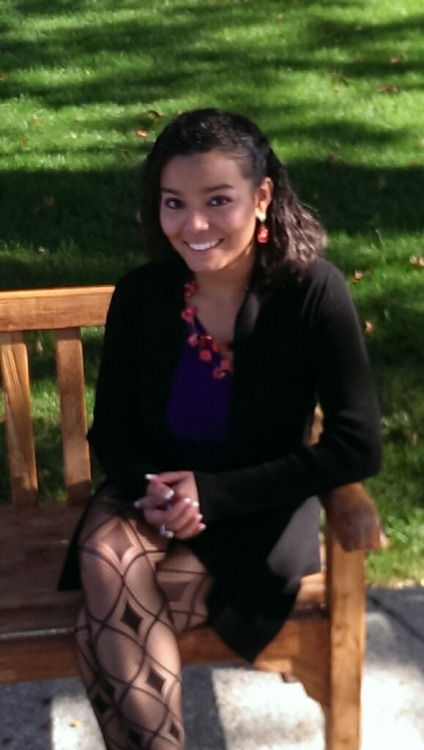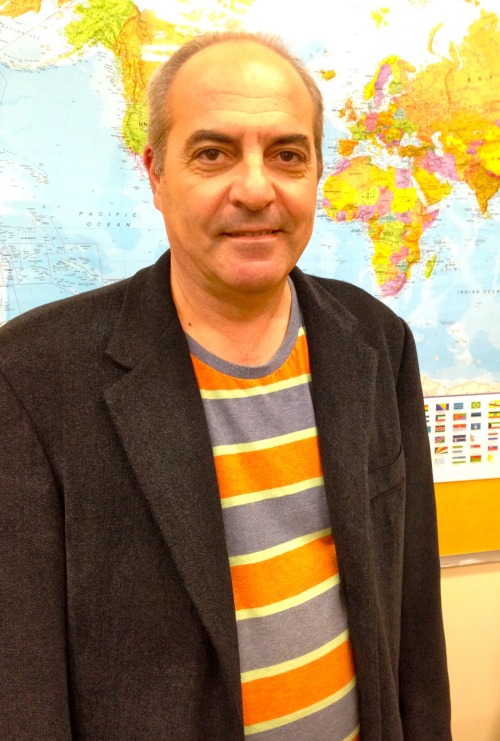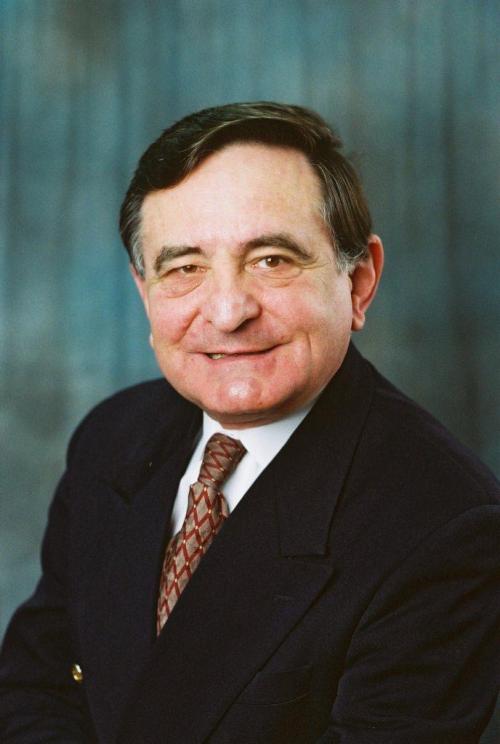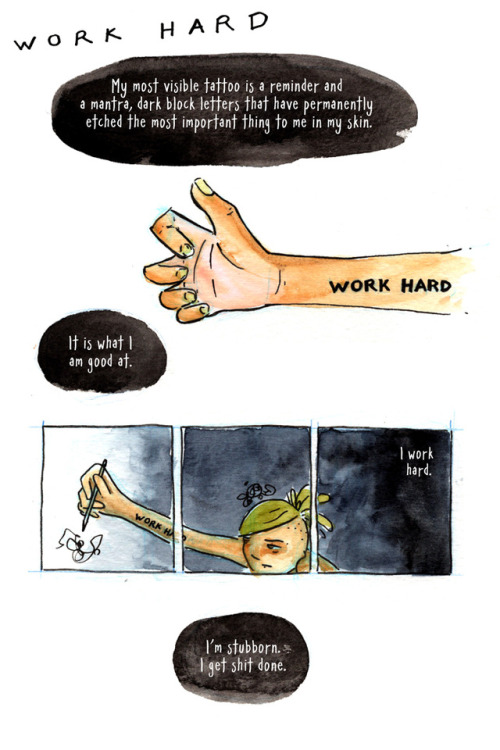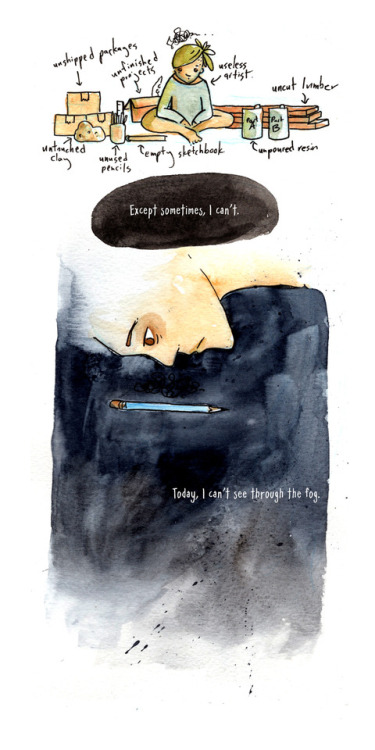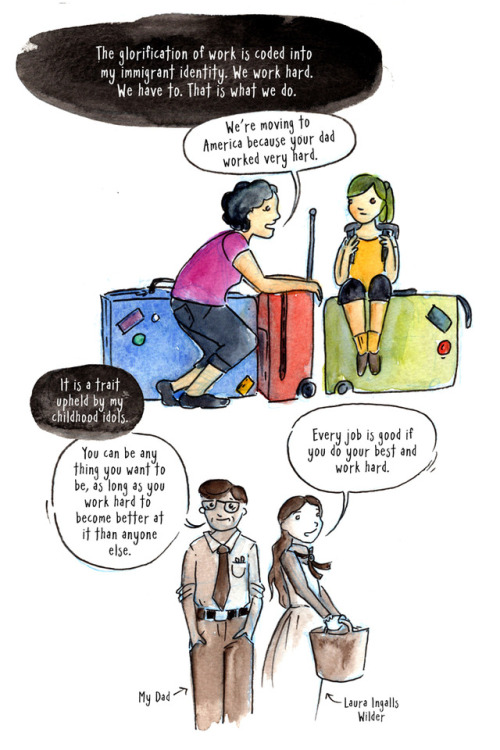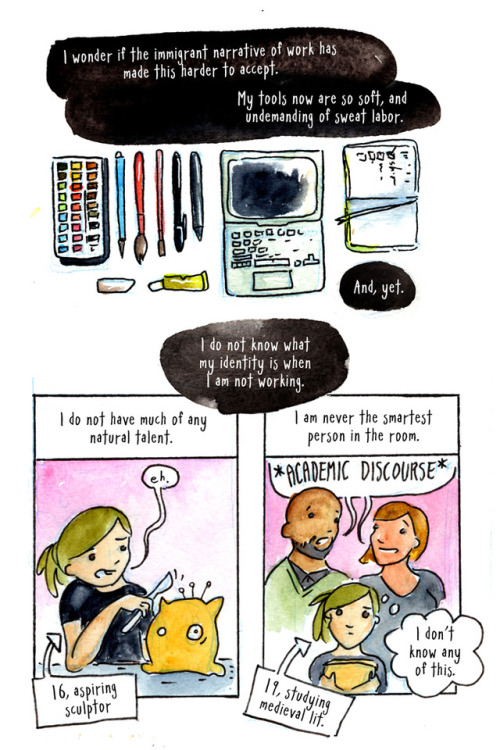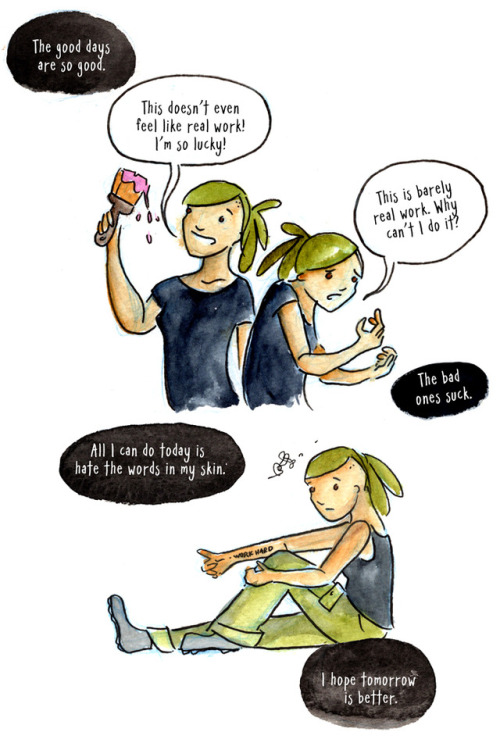Compiled by Asians4BlackLives primarily based on research by AATimeline,VietUnityandSEARAC
From January 19-25, 2019, impacted communities, social justice and advocacy organizations, and other allies across the country will launch a national week of action to stand with Southeast Asian American communities as they continue to be terrorized by policies of mass incarceration and deportation. This week of action, which spans 15 cities across the country, is on the heels of one of the largest Southeast Asian deportation flights in United States history and coincides with Martin Luther King Jr. Day. In honor of Dr. King’s memory, we call on our country to remember the three evils—racism, militarism and poverty—that continue to devastate and divide Southeast Asian, Black and Brown communities: bit.ly/SEAAWeekofAction
The timeline below was developed to help the public learn about the connection between US imperialism and war in Southeast Asian and the current struggle of Southeast Asian immigrant and refugee communities against deportations. A downloadable PDF version is available which can be folded into a mini-zine.
1953
The U.S. provides military aid to France to suppress Vietnam freedom fighters, helping France maintain Vietnam as its colony.
1961
U.S. involvement in the “Secret War” in Laos deepens. U.S. presence in Laos aids its military presence in Vietnam. The CIA recruits Hmong and other ethnic minority groups living in Laos to guerilla units fighting for the Royal Lao Government. Details of this war were not disclosed to the public, and were often completely denied.
1963
A U.S.-approved military coup overthrows President Ngô Đình Diệmin of Vietnam.
1965
President Lyndon B. Johnson deploys American combat troops to Vietnam. Domestic demonstrations against the U.S. war in Vietnam begin.
1964-73
The U.S. drops more than 2.5 million tons of ordnance on Laos over the course of 580,000 bombing missions. This is equal to a planeload of bombs every 8 minutes, 24-hours a day, for 9 years.
1965-1973
The U.S. drops 2,756,941 tons of ordnance on Cambodia. This is more than the Allies dropped in the entirety of World War II. Information about the first four years of bombing was not made public until 2000.
1968
My Lai Massacre – US soldiers kill as many as 504 Vietnamese civilians including 119 children & 27 elderly.
1973
The U.S. & North Vietnam sign a ceasefire agreement.
The U.S. withdraws troops from Laos.
1975
The U.S. War in Vietnam comes to an end.
U.S. war and military presence in Southeast Asia leads to the rise of oppressive governments in both Cambodia & Laos. After a 5-year civil war in Cambodia, the Khmer Rouge captures the capital city of Phnom Penh and a genocide of 1-3 million people begins in Cambodia.
The U.S. authorizes the entry of 130,000 evacuees from Vietnam, Cambodia, & Laos.
1978
A second wave of refugees begin to leave Vietnam, many by sea. Journeys by boat are dangerous and many refugees don’t survive the trip. Many countries become unwilling to accept refugees.
1979
The UN establishes the Orderly Departure Program to deal with various waves of refugees leaving Southeast Asia. The U.S. becomes the largest country of second asylum. People continued to leave their homelands as a result of the U.S. War in Vietnam through the early 1990s.
1980
U.S. Congress passes the Refugee Act.
1987
In California the Creation of the Gang Reporting Evaluation & Tracking database heightens the profiling and flagging youth of color as gang members.
1980s-1990s
Many Southeast Asian refugees resettle in already underserved neighborhoods and must compete for low-wage jobs or face unemployment. Many lack access to health care, mental health services, and support for Post-Traumatic Stress Disorder.
The rise of the school to prison pipeline: over-stretched public schools with inadequate resources lead to disengagement and dropouts with youth then being pushed into violence and juvenile detention facilities with few pathways to return to school.
1994
A national report finds that more than 30 percent of all Southeast Asian households in the US depend on welfare for survival. Among Cambodian and Laotian communities in California, the percentage of those on welfare reaches 77 percent.
The state of California passes Proposition 187, denying undocumented immigrants public services like education & healthcare.
The state of California passes Proposition 184, Three Strikes Sentencing Initiative, the nation’s toughest mandatory sentencing law.
U.S. Congress passes the Violent Crime Control and Law Enforcement Act, the largest crime bill in the history of the U.S. It provided for 100,000 new police officers, $9.7 billion in funding for prisons, $1.2 billion for border control, deportations, asylum reform and a tracking center for immigrants with convictions., $1.8 billion to reimburse states for incarceration of immigrants who also had convictions. . It also expedited deportation for immigrants who are not lawful permanent residents and who are convicted of aggravated felonies.
1996
U.S. Congress passes the Personal Responsibility and Work Opportunity Reconciliation Act, a welfare reform bill. Immigrants who were on welfare were immediately removed if they were in the US for less than 5 years. Only immigrants who have been in the US for over 5 years can receive welfare.
U.S. Congress passes the Illegal Immigration Reform & Immigrant Responsibility Act, setting mandatory detention and deportation laws that apply retroactively, making refugees and lawful permanent residents vulnerable to deportation. Forms of immigration relief previously available to people with convictions are eliminated. It also eliminates judicial review for cases.
2001
U.S. Congress passes the USA Patriot Act after September 11th, ushering in a new era of racial profiling, immigrant detentions, and deportations.
2002
First repatriation agreement between U.S. and Cambodia for Cambodia to accept deportees.
2008
The U.S. signs an agreement with Vietnam not to deport Vietnamese immigrants who entered the U.S. before July 12, 1995.
2017
The U.S. sanctions visas for Cambodia, Laos, and Myanmar to pressure them to accept deportees.
2018
The U.S. goes back on its 2008 agreement with Vietnam in an attempt to deport more Vietnamese people.
More than 110 Cambodian people are deported in the calendar year, the highest number in U.S. history. 750+ Cambodian, 200+ Laotian, and 550+Vietnamese community members have been deported since 2002.
Additional sources: Legacies of War. “Secret War in Laos.” Legacies of War, legaciesofwar.org/about-laos/secret-war-laos/; Taylor Owen. “Bombs Over Cambodia.” The Walrus, thewalrus.ca/2006-10-history/; Ashley Dunn. “Southeast Asians Highly Dependent on Welfare in U.S.” The New York Times archive, https://www.nytimes.com/1994/05/19/us/southeast-asians-highly-dependent-on-welfare-in-us.html.

